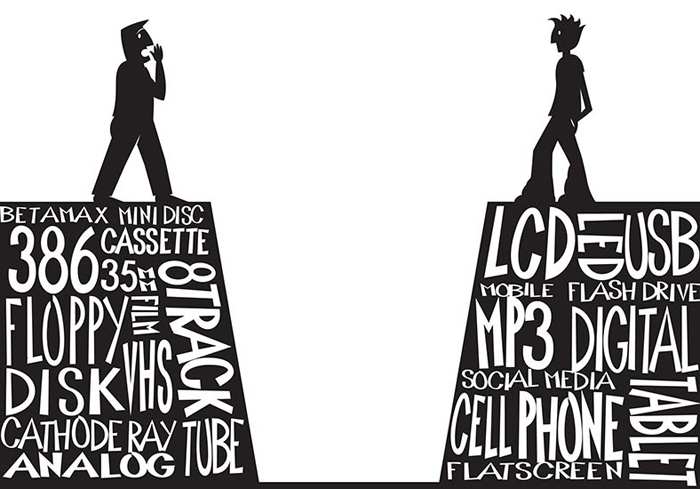
So, this article contains generalizations about generations working together in a modern workplace, and though they might seem arbitrary, they are not, and I can assure you that whatever I have said below about working generations are not imagined, but what has been researched and documented by better scholars.
A quick description of the four generations and their leading traits
- Traditionalists- Generally those born between 1925 and 1945 and where they are still in the workplace, they are in positions of trust, power, and authority - though all of these may not go together. Hard work and self-sacrifice were ingrained values with this generation, generally.
- Baby Boomers - Born between 1946 and 1963, usually in active positions of authority in the workplace or due to retire. These are the people who brought in demands of work-life balance and wanted self actualization and meaningful work as concepts in the workplace.
- Generation X - Born between 1964 and 1978 - people who are really running the workplaces, this generation takes self-actualization a step forward and turn towards entrepreneurism - so they are effective in running structures akin to small business units within organizations
- Generation Y - Born after 1978, the tech-savvy, glued to gadgets generation who are changing the definitions of workplace culture - fast, imaginative, emotional, hard working, entitled - Millennials crave attention and stimulation, and have the "show me the money" attitude, further reinforced by the recession and its impact.
- Traditionalists - These people respect privacy and patience, and are slow to respond. They place great value on their words, so listen to their words carefully, and do not go solely on their body language; they like communication across the table or in writing, and even though they are patient people, they absolutely abhor waste of time
- Baby Boomers - The truly articulate generation, you need to watch the body language of baby boomers because they communicate with emphasis. Frankness is a valued quality and they like people who speak directly. Baby boomers hate the thought of anyone trying to control or manipulate them and are usually on guard against such possibilities. Kindly avoid language that underscores control or authority, be flexible, and answer their questions with detail
- Generation X - These guys are running the show so they put a premium on time and the greatest premium on the time they have to spend face to face with you. Use the channels of communication they accept like emails and text messages where they can choose the time to respond. Deal informally; keep them in the loop through email copies. Take direct time on phone only for really important things, and face to face time should be critically justified.
- Millennials - Instant Messaging gets you on board with Millennials; they are used to being asked for feedbacks and also receiving feedbacks upon everything they do; they hate anyone taking the high ground; fun loving generation that appreciates quick thinking and humor; this group loves risk-taking and challenges.
Also there are leveling experiences that are shared across generations like wars and depressions or economic recessions that remove differences between generations to certain extents. And appealing to such shared experiences helps to cap generation gaps.

